18.05.2022/XNUMX/XNUMX / Tips & things worth knowing
Human Rights Water: Hygiene and Health in Africa and Asia
This is also the reality for many people in some RGV destination countries. What does that mean for you on site as a volunteer?
Clean water and hygiene are vital! That is why the human right to water and sanitation was officially recognized by the United Nations on July 28, 2010. For children in particular, the lack of clean water and sanitary facilities is life-threatening - and remains one of the main causes of high child mortality in many developing and emerging countries. In sub-Saharan Africa, for example, more children under the age of five die from diarrheal diseases – caused by unsafe water or poor sanitation – than from malaria, measles, pneumonia and HIV/AIDS combined. (UNICEF, 2013)
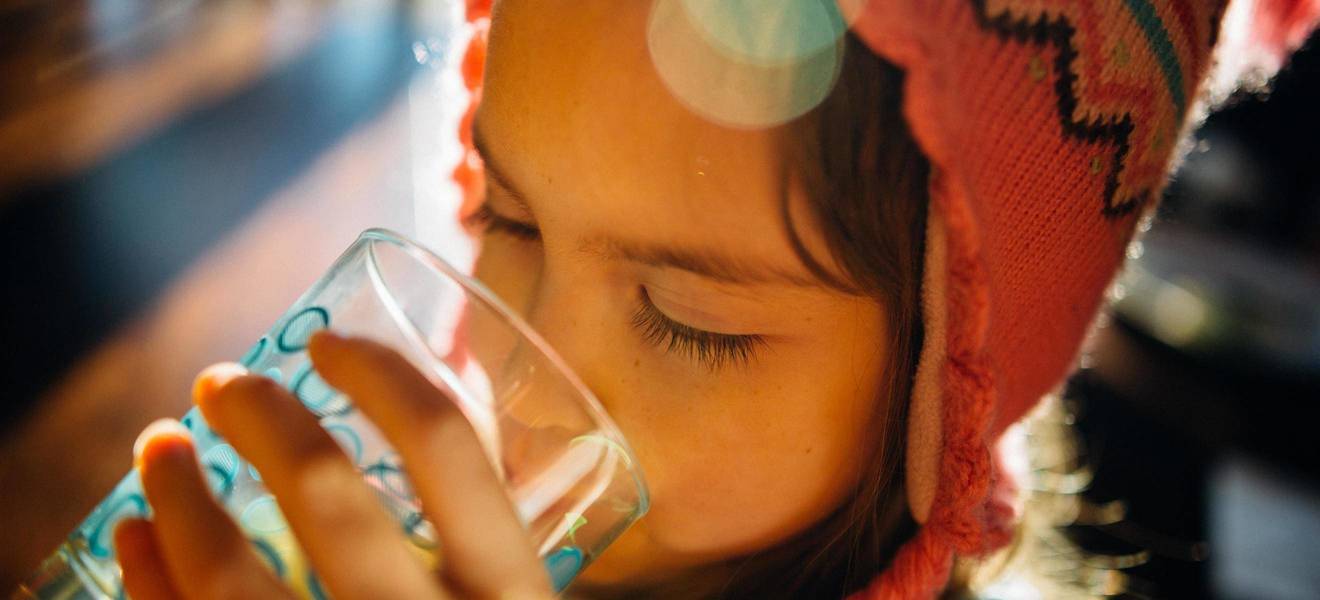
Poor sanitary facilities in schools
To protect as many children as possible, that is Improving the hygienic situation in schools and child care centers is indispensable. According to UNICEF, only about half of all primary schools in many developing countries currently have access to clean water. In addition, two-thirds of the schools have no sanitary facilities or no sanitary facilities that are harmful to health.
The lack of hygienic, safe and gender-separated toilets is also one of the decisive factorsWhy a lot of girls in developing countries start school at the onset of puberty either leaves completely or is forced to stay at home during her menses, It is fundamental to provide separate washrooms in schools by gender, located directly in or next to the school building. If the sanitary facilities are further away or mixed, otherwise this often poses a significant threat to the girls.
Commitment to better hygiene and clean water
Numerous initiatives are committed to improving these circumstances, such as the World Toilet Organization for WASH (Water, Sanitation and Hygiene), an initiative launched by the UNICEF and Welthungerhilfe will be carried. All these measures are supported by the World Health Organization (WHO). Unfortunately, the situation is improving only very slowly.
How do you deal with it as an RGV Volunteer on site?
As an RGV volunteer, you should be aware of this problem and deal with the topic in advance. Be aware that the Sanitary facilities in your destination country may not meet European standards. European toilets are not widely used in parts of Africa and partly also in our Asian destination countries. Although most of our accommodations have them, but outside you have to adjust to the more common standing toilets. Especially in hot countries, these are considered to be more hygienic and easier to keep clean than our usual sitting toilets.
Especially in Tanzania, Uganda, Namibia and Nepal you have to reckon with the fact that it is also in your Lodging possibly no western toilet, but only a standing toilet. It is important to us that at all of our locations hygienic and healthy sanitary facilities are present, no matter in what form.
If you observe the following, you should be able to handle the hygienic situation on the ground without problems and stay healthy:
• Take enough disinfectant for your hands from home and use it regularly
• Wash your hands as often and thoroughly as possible with soap
• Avoid using public toilets if possible
• Never drink tap water, not even in the form of ice cubes
• Try to avoid raw fruits and vegetables in general, never wash them with tap water
• Only use boiled water or mineral water to brush your teeth
• Your own safety and health always comes first. If you are unsure, contact your local team confidentially!
Important: While you should avoid public restrooms whenever possible, rest assured that yours Lodging, whether in a host family or in a student house, is hygienically safe.
So you can engage with RGV for the human rights water
In our projects, we attach great importance to ensuring flawless sanitary facilities. We are also actively involved in improving the general situation in our target countries, for example by building wells that ensure clean water. Especially in our projects with children - in schools, kindergartens or children's centers - educating the younger generation about hygiene and health care is very important to us. You, too, are in demand as a volunteer: pass on your knowledge and explain to the children, for example, the importance of washing your hands regularly.
In many of ours social and artisanal Projects can be actively used to improve the hygienic situation on the ground and to provide information. Contact us simply directly for more information about our various projects!
More projects that interest you could
Have you not yet discovered a suitable program for your time abroad? No problem, we will present you more Volunteer projects abroadthat might pique your interest.
Are you perhaps still at the beginning of thinking about your trip and have no idea what might be right for you? Whether you want to go abroad as a volunteer for a short time, or if you prefer FSJ up to 12 months abroad afford? Maybe there is one Internship abroad in a specific subject area the best way for you to gain experience abroad?
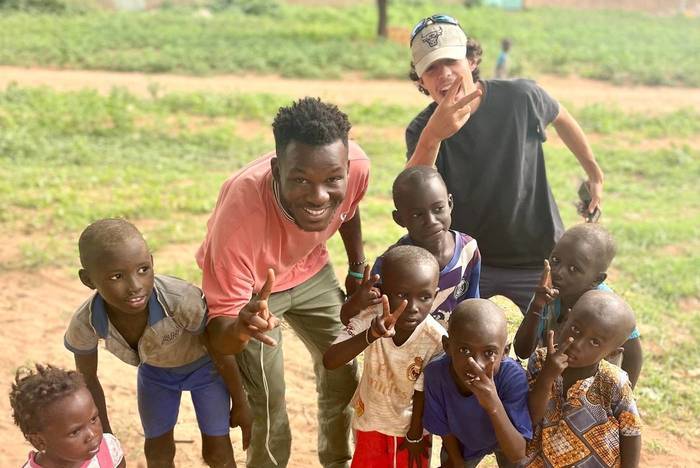
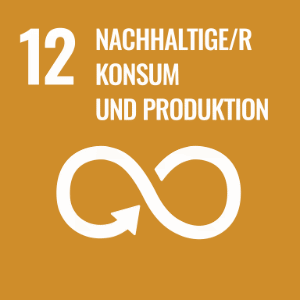
Senegal | farm work
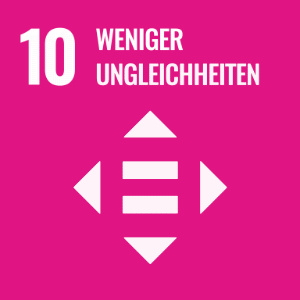
Uganda | community work
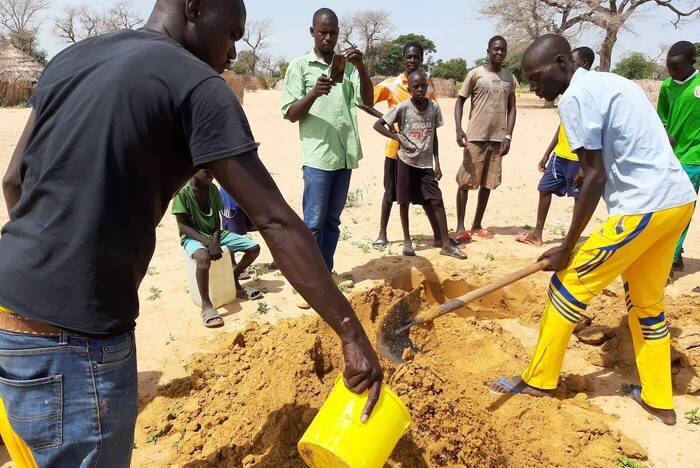
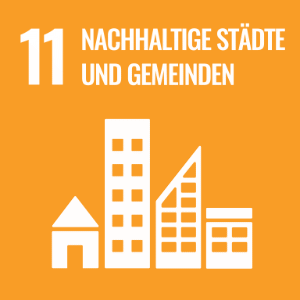
Senegal | house building
